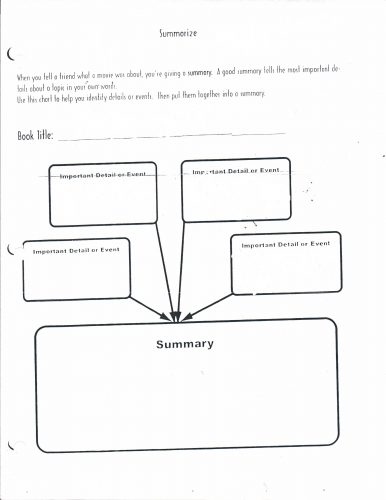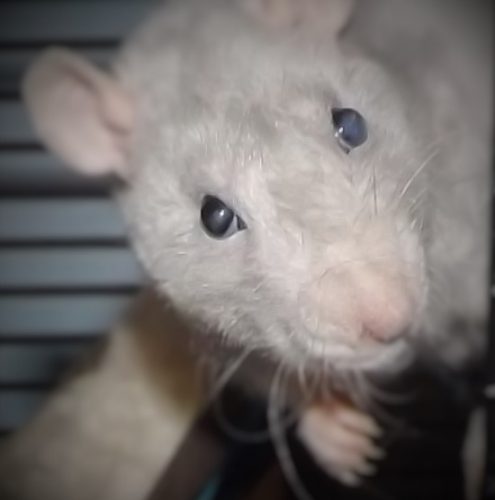The Most Important Thing I Can Teach My Daughter
Last Thursday night, in the midst of the struggle to get Pop Tart to actually do her homework, we had to stop and ask her what was wrong. Her response was that since we got home from dinner, all we had done was yell at her, and she did not like it.
The intent of this statement is obviously to get us to apologize for what is going on. This is not a conscious intent on her part. But in her mind, she is unhappy because she is getting “yelled” at, and since we are the ones doing the yelling, it is obviously our fault.
She did not get the response she wanted.
For a moment, neither C nor I said anything. But when I did speak, my response was basically that she was not supposed to like us yelling at her. But that the way to fix it was not to try and guilt us into stopping, but to actually change her behavior.
You see, she had chosen not to go out to dinner with us. She wanted to stay home. We agreed to that but told her she needed to unload the dishwasher and finish her math homework, at least the parts she could do without help. Unloading the dishwasher is her normal chore. Doing her homework before she gets to watch television or play online is also standard.
We got home from our dinner out to find that she had not done any of the things she was supposed to. She had made herself dinner (but not a complete dinner) and watched some TV. That was it. Unsurprisingly, she was told to unload the dishwasher and then do her homework. (For the record, her definition of being yelled at is being told to do things she does not want to do. It has nothing to do with actual volume, anger, or anything most of us associate with the world “yelling”.)
At the point of our conversation, we had been on the same math question for 5 minutes. Instead of looking at her math worksheet, she was laying down with her head buried in a pillow. We asked her to sit up, look at the sheet and pay attention. She did not even respond. We tried once again, to which we got the mumbled response that she was paying attention. We repeated the request to actually sit up and look at the worksheet, telling her that if she did not, she would be grounded (this was not the third problem we were working on, and the third time we had had to go through a similar multi-request process to get her to pay attention).
So she was unhappy. We had been yelling at her ever since we got home from dinner. Obviously it was somehow our fault.
And this is when I told her something that she did not want to hear, but something I am going to repeat to her on a regular basis for the next 7 years. She is responsible for her own actions. Not us. Not her friends. Not the dogs or the rats or tv or the internet. She is the only one responsible for her actions, and we are going to hold her to that.
The way she could get out of being yelled at was not to ask us to change our actions but for her to figure out that she needed to change hers.
I told her that contrary to what she might think, we did not go out to dinner and decide that it would be fun to come back home and spend the evening yelling at her. I then went through everything she had gotten “yelled” at for and pointed out what she could have done to avoid it.
This may not seem like the most earth shattering conversation. This may seem like something your child really should know by the time they are 12. And on some level, I agree. It is also not the first time we have told Pop Tart something along these lines. At the same time, I think the point may have to be made more explicitly for kids who have been in foster care.
You see, there has been A LOT in Pop Tart’s life that is not her fault. It was not her fault she and her siblings were removed from their mother’s care, even though as the eldest, she felt it might have been. It was not her fault the previous adoptive placement did not work out, even though that family perhaps did not handle the transition as well as they could have. It is not her fault she has medical issues that keep her in pain. It is not her fault she has some anxiety issues (which really seem to go hand in hand with her medical issues.)
We, in fact, spend a lot of time telling Pop Tart things are not her fault. Her therapist spends a lot of time helping her understand when things are not her fault, but how to cope with them anyway.
So when a lot of time is being spent telling a child that things are not their fault, it can actually come as a surprise when they are told that something that makes them feel bad (like being yelled at), is, in fact, their fault.
It is not an easy conversation to have. I do not like to see my daughter unhappy or crying. I do not like “yelling” at her. But I return to what I told her that night. The absolute most important thing I can ever teach her is that she is responsible for her own actions.
There are big deal things in her life that are not her fault. She is a kid; there will remain plenty of things in her life that she has no control over. But she will always have control of her own actions. She is responsible for her own actions.
And so next time we are “yelling” at her, what I want her to think is not “They are yelling at me, and I do not like it, so I am going to complain to them about it”, but instead, the first time she gets asked to do something, for her to do it, even if she does not want to. If she says she needs help with her homework, to actually pay attention to us (and the homework) as we try and help her.
Me, I am responsible for my actions, too. So I will do my best not to actually yell (pretty good at that), to remain patient and not get exasperated (less good at that).
And hopefully, by the time she is on her own (well hopefully long before that), I will have a daughter who is able to understand what she can control and what she cannot, know how to tell the difference, and know how to cope with both.




